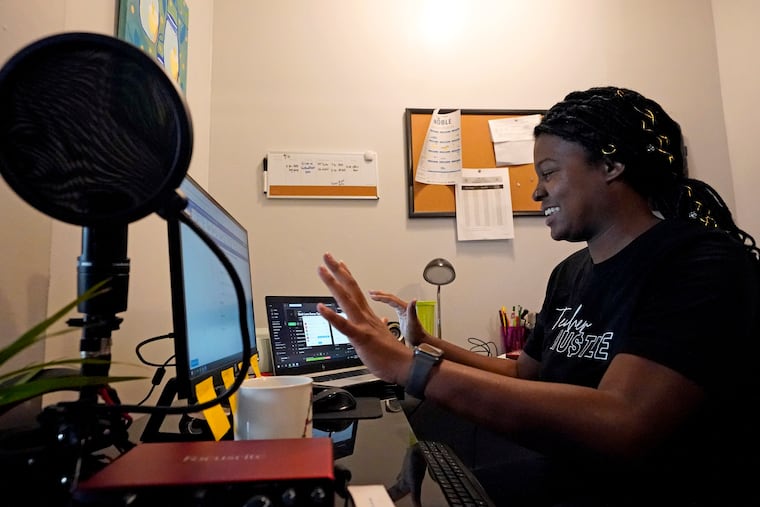Teaching is about listening, not just talking
The more we can let them unmute themselves, express themselves, and actively engage rather than passively receive, the better.

This is the problem: You can’t listen and talk at the same time.
This is my problem: I talk too much.
For instance, each week when I prepare to teach my undergraduate class, my slides and the notes that go with them grow longer and longer as I think of more and more ideas that feel urgent to share.
By the time I meet with my students, I’m a fire hydrant of facts. Nervously, I glance at the ticking clock, talking faster and faster in an attempt not to leave anything out. At the end of class, if I’ve delivered everything planned, it feels like a small victory.
But even so, in that scenario, it’s not the students who triumph. Because talking too much means I’m not listening to what they have to say.
My goal this year is to ask my students what education researchers call “authentic questions.” That is to say, I want to pose questions for which there is no single simple answer.
For instance, rather than launching directly into a soliloquy at the start of my next lecture, I will instead ask students to ponder this authentic question: “How do you cope with failure?” Of course, I’ll also prepare slides that address that question, review recent research on the topic, and in other ways be the teacher.
Skipping authentic questions may feel more efficient, and perhaps this is why, in a typical classroom, most of the questions teachers ask are not authentic ones. But the truism holds: You haven’t taught until they’ve learned. What matters isn’t the volume of information I dispense but rather the quality of the insights in the hungry, active, and independent minds of my students.
Don’t talk too much. The young people in your life are spending hours and hours on Zoom calls where, by logistical necessity, they’re on mute. The more we can let them unmute themselves, express themselves, and actively engage rather than passively receive, the better.
Do ask authentic questions. Begin with “Why do you think that…” or “How do you feel about…” and then listen. Even if you aren’t a classroom teacher, you teach the young people in your life so much.
Angela Duckworth is the cofounder and CEO of Character Lab and a psychology professor at the University of Pennsylvania. You can sign up to receive her Tip of the Week — actionable advice about the science of character — at characterlab.org.